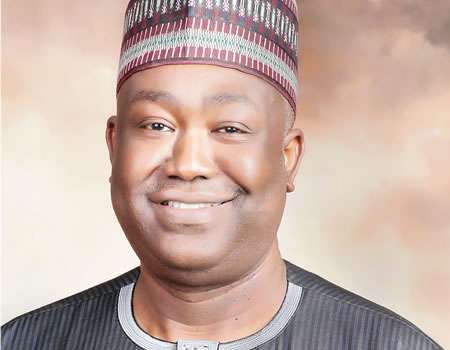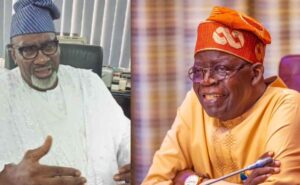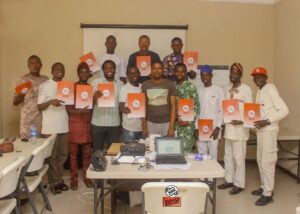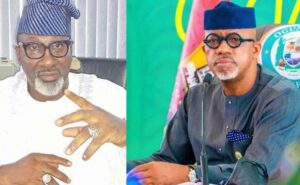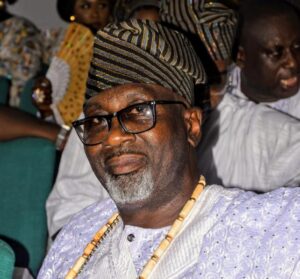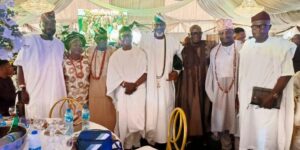Mr Gbenga Olawepo-Hashim was the Deputy National Publicity Secretary of the Peoples Democratic Party (PDP) at its inception. He has since launched fully into business, emerging the chairman, Bresson AS, an independent power producing company, and some oil and gas concerns. Last week, his name came up as one of the presidential hopefuls of the Middle Belt Forum. In this interview, he speaks on the state of the economy, the need for restructuring, among other issues. Group Politics Editor, TAIWO ADISA, presents excerpts.
You recently gave a lecture at the Obafemi Awolowo University where you gave some reasons Nigeria’s economy found itself in a recession in 2016. Why do you think the narrative by the current government is untenable?
If you look at the growth that Nigeria witnessed around 2013, the economic boost was about $510 billion, with which we overtook South Africa. Most of those things that led to growth were small things. Some of this projection comes from the fact that Nigerians are hardworking people; we have a big market and very creative and imaginative middle class that is creating value in the economy.
The sectors that really accounted for the growth in GDP are telecoms, ICT and banking services. The prediction that by 2050, Nigeria will be one of the largest economies is not misplaced if you look at the talents of the people, enterprise and size of the Nigerian market. All we need to do is get some things right that are mainly administrative for this economy to get the desired result. The drivers of economic growth are industry and talent of the people, their entrepreneurship. Anything that will hinder that should be removed; anything that can support that should be embraced. When you look at the size of the market which is very attractive, we have a very good Diaspora community that is contributing significantly to financing the country.
But the government of President Muhammadu Buhari has said the recession was caused by mismanagement of the past. In your view what really caused the recession of 2016?
The most important reason the economy went into recession was not because of corruption. Even with corruption, the Naira was still exchanged around N198 to a dollar. I think previous governments supposed to have enacted policies that would allow the market to determine the value of the currency. Business people were expected to have carried out their businesses without political blackmail. I think the fiddling with the value of the currency had more impact in the disaster rather than corruption.
We had a situation where the economy was internally dry on liquidity. In one hand, the Federal Government was contradicting CBN on the management of foreign exchange, while the CBN was doing some interesting measure to stabilise the Naira by allowing the market to determine the value. The Federal Government always made contradictory statements and the investors panicked and withheld their funds. This had impacts on the economy. When the government came with instruction about the limit of amount you can operate with your foreign account, even those remittances were not coming like before.
This corruption talk as far as I am concerned is neither here nor there. Corruption is not good for any economy, but corruption itself is a consequence of a centralised system. Any system where you have monopoly offering one service or the other, there will be corruption. Look at the transformation in the communication industry.

